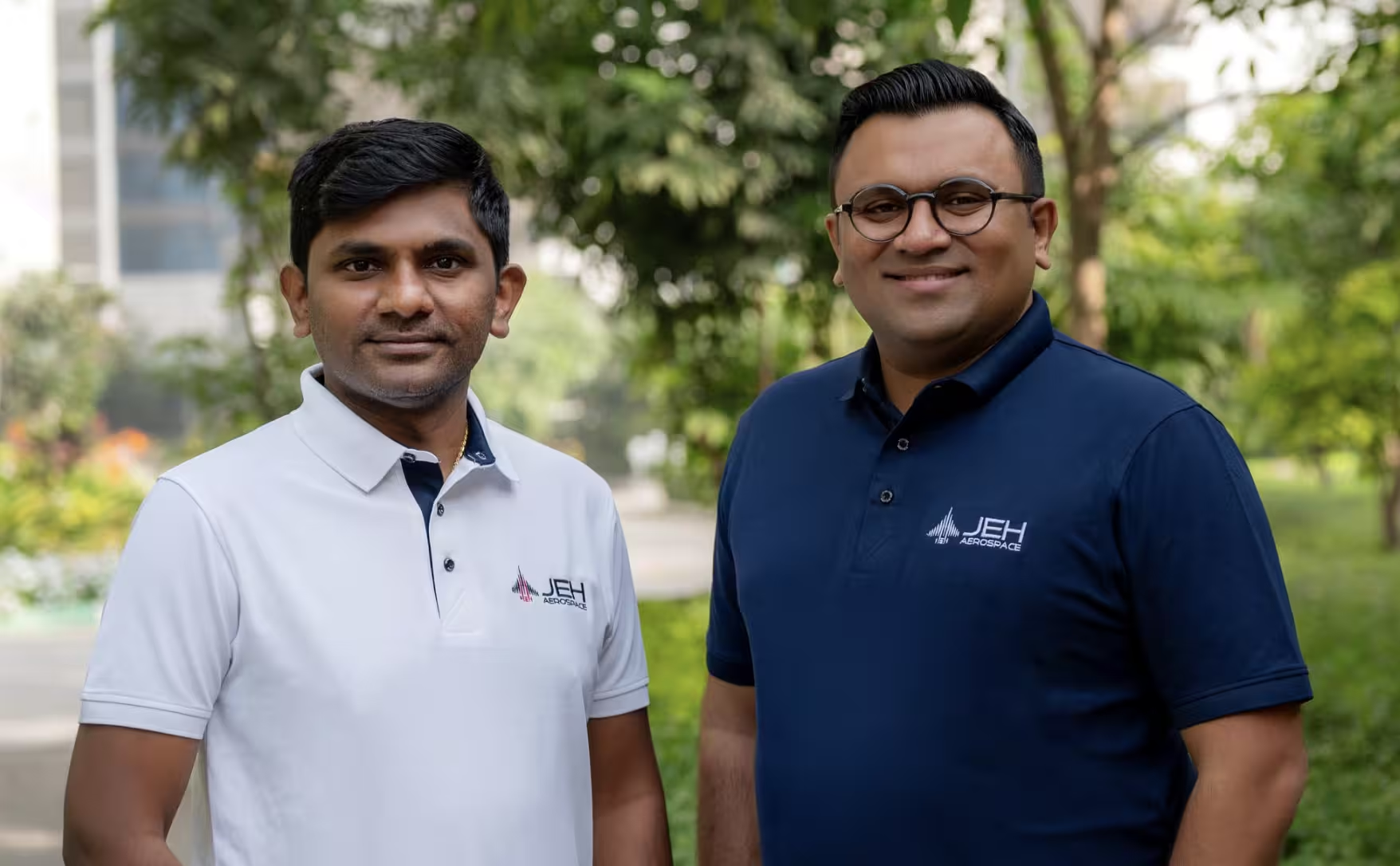Table of contents
We have written extensively about our Global Resilience thesis and how we see the new geopolitical realignment impacting innovation. In our recent piece Building Globally Resilient Systems For A New World Order, we described how today’s new world order requires building more dynamic, resilient systems across industries and geographies. There is no question in our view that India has and will continue to be a key winner in this newly aligned world. Our CEO Hemant Taneja and CNN journalist Fareed Zakaria also called for a re-energized US-India corridor in their HBS piece, “The U.S.–India Relationship Is Key to the Future of Tech”:
“Business leaders in the United States must move beyond the mindset of doing business in India purely as a result of labor arbitrage. Instead, they should view India as being a genuine hub of innovation, and they should encourage increased collaboration with business leaders in India. They must also think in more ambitious terms, planning for massive expansions that would rival China in terms of the size and scope of their factories, fabrications, labs, and operations. Investors, including venture capital firms that have driven so much of technology investment in the United States, have to reserve larger shares of capital for investment in India and build real local knowledge. Policymakers in the United States and India should both work to reform trade policies and promote an open system of technology transfer and innovation between the two countries.”
At GC, we have already begun to double-down on our Global Resilience thesis in India, as we see tremendous opportunity being seized by Indian entrepreneurs to build a vibrant and robust India-US Corridor. We have seen successful category-creation in B2B Marketplaces where founders have taken key building blocks from consumer marketplaces and applied them to new marketplaces in food, industrial and manufacturing. Our investments in companies like Eeki, FarMart and Magma have begun to bear fruit. We see this as the perfect moment for venture capital to bring capital, patience and ‘radical collaboration’ to other key ‘Global Resilience’ industries – namely defense & semiconductors, industrial software and AI and climate and energy transition solutions.
Announcing Our Investment in Jeh Aerospace
Consistent with that theory of change, today we are delighted to announce our lead investment in Jeh Aerospace. Since we met Vishal Sanghavi and Venkatesh Mudragalla, the co-founders of Jeh Aerospace, we have been fans of their ambition, commitment to excellence and belief in responsible innovation.

As one indication of their ambition, they have engaged Pratyush (Prat) Kumar, a former Boeing executive who until recently led Boeing’s iconic F-15 Program, to be a key mentor and advisor on their journey. Vishal and Venky worked together for almost a decade at Tata’s defense company TASL, where they led the JVs with defense primes such as Boeing and Lockheed Martin. Prat, a respected leader who was then the President of Boeing India and on the Tata-Boeing Board, got to work with the co-founders closely. They have signed up other strategic advisors who were formerly leaders from Airbus, Boeing, Lockheed Martin, Woodward and GE Aerospace.
Jeh Aerospace is focusing on alleviating key choke points in the global aerospace industry supply chain by harnessing available talent and industrial capacity in the India-US corridor. The company has developed in our view a world-class Quality Management System (QMS) to deliver high-quality custom-design components for commercial and defense aerospace companies in the US from their India based supply chain. While the big Indian companies such as Tatas focus on the OEMs and Primes, Jeh is enabling the deeper supply chain. They have early customer traction with established Tier 2 suppliers to large Tier 1 and aero engine manufacturers in the US. Straits Research forecasts that Tier-2 and Tier-3 suppliers in aerospace component manufacturing constitute 30%+ of the total market, equivalent to $100B+ in annual market opportunity. Jeh aims to utilize ready manufacturing capacity and a skilled workforce in the Indian aerospace manufacturing sector to deliver high-quality products affordably to commercial and defense aerospace companies in the US. The company is leveraging technology to create a network of suppliers and building an order management and fulfillment system to improve traceability, transparency, and reliability in the global aerospace supply chain and differentiate from current suppliers who do not have full traceability in their supply chain. The company has already established a facility in Hyderabad, India, and wants to further vertically integrate by building in-house manufacturing capabilities in the next 3-5 years.
The aerospace industry is facing severe supply constraints, and large aircraft manufacturers are struggling to meet demand. Last year, Airbus and Boeing combined missed 150 deliveries, a $20B revenue opportunity loss per the Airline Economics Conference. Further, the workforce in the US and other global manufacturing hubs is expensive and aging, resulting in slower innovation and increasing inflexibility. Tapping into manufacturing capacity in India can be a strong solution for mid-large companies in the industry. India has 60 million people working in the manufacturing sector vs 12 million in the US per Statista, at ~8x lower wage rates. India is already emerging as a strong manufacturing base for large manufacturers, such as Boeing and Airbus.
Jeh Aerospace allows global aerospace manufacturers to have a choice of fully outsourcing their manufacturing in India (MAKE Model) or take advantage of an asset light aggregation (BUY Model) based on their needs. For the make model, Jeh ensures quality of each component while protecting the IP and aligning with local legal and compliance requirements. For the buy model, there is no capital investment for the customer while taking advantage of a manufacturing network through software and ensuring infinity capacity and price competitiveness. Jeh has access to a network that includes over 300,000 sq ft of manufacturing space, over 175 CNC Machines, over 1100 people and AS 9100 and other regulatory approvals. Jeh is leveraging technology to increase visibility and control across the complex and deep-tiered aerospace supply chain. The team has developed a comprehensive supplier network management system and tech stack for manufacturers and buyers focused on order management and fulfillment. We believe this improves traceability, transparency, and reliability in the global aerospace supply chain - a strong product differentiator that aligns with GC’s Global Resilience thesis.

Digital Supply Chain Platform being built by Jeh Aerospace
Our investment in Jeh signifies our continued commitment to bring our Global Resilience thesis to the India-US corridor and to support the success of the portfolio.
Summary
In India, the total tech market cap (both public and private) is $150-200 billion per E&Y, which is 5-7% of India’s GDP. By contrast, in the US this ratio is 20-25%. As India’s GDP doubles within the next decade, as we believe it will do and tech contributes a more normalized % of total GDP, mirroring other advanced economies, this opportunity is likely to deepen and create significant new value.
At GC, we are excited to support the most ambitious entrepreneurs attacking the Global Resilience opportunity while staying aligned with principles of Responsible Innovation, which we believe is core to building enduring, market-defining businesses. We welcome Jeh Aerospace to the growing Global Resilience portfolio!







%20(2).jpg)
.jpg)
%201.jpg)


